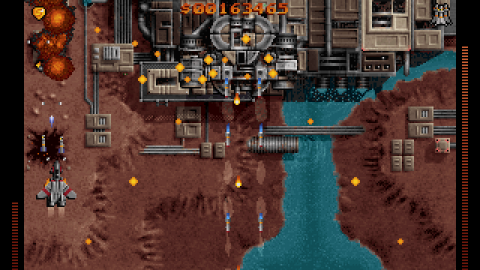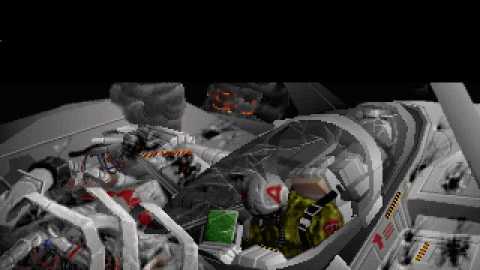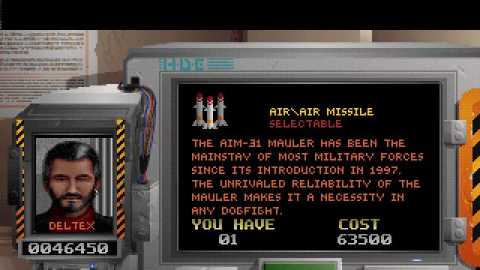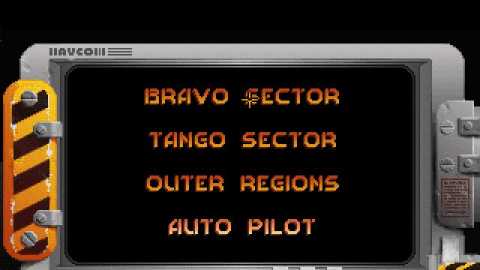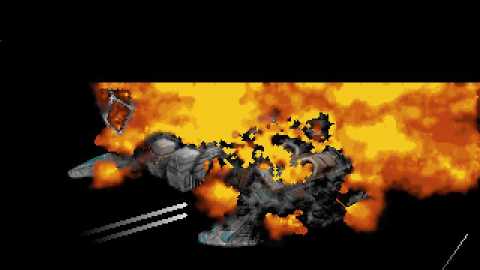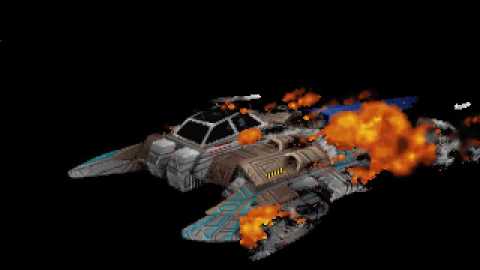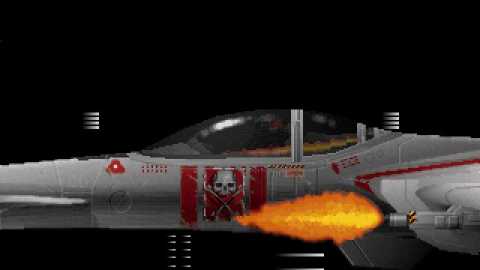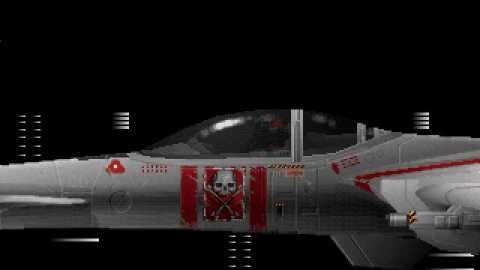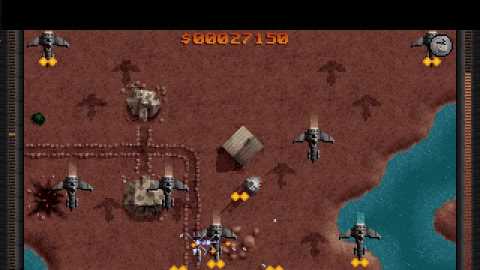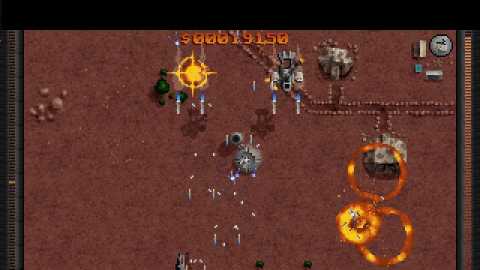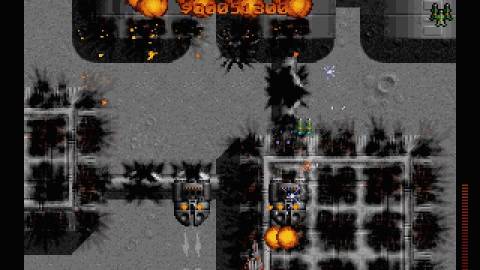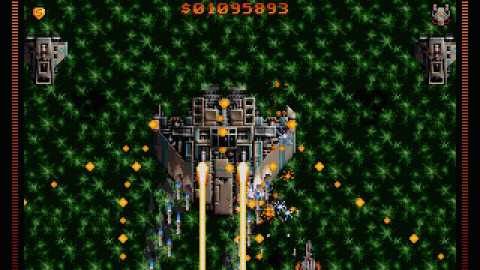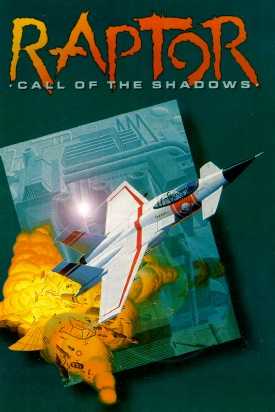Overview
Raptor: Call of the Shadows is a polished top-down shooter released for IBM-compatible personal computers in 1994. This PC-based shooter didn't do much to differentiate itself at the time, but fans remember it as a high quality, entertaining game in a genre underrepresented on the platform.
Features
There are a few things that separate Raptor from the rest of the field. Most obvious is the ability to upgrade your ship. Early stages, of course, would let you get away with a minimally powered plane, usually only the machine gun you started out with. But before long, the ability to add missiles, bombs, and shielding to your ship became key, useful, and very entertaining. You could play through levels multiple times to earn extra money by blowing lots of ship, ground targets, and pretty much anything else that your bullets would stick to. The levels consisted of a main boss at the end and many also having an easier boss halfway through the level.
Eventually, you would earn enough money to buy a turret system, one of the more unique weapons in the game. The machine gun turret and laser turret would target any enemy, anywhere on the screen, and was key in allowing you to plow through waves of enemies with ease. You could eventually unlock some devastating forward blasters that would rip through nearly every enemy in the game, boss or no.
Soundtrack
Raptor's memorable music was composed by Matthew Murphy. The full soundtrack, including unused songs, can be found on this page at the Videogame Music Preservation Foundation.
Modern Rereleases
A 2010 Edition of the game which runs on modern PCs was released on Good Old Games. It features improved graphics supports higher resolutions (the old graphics and resolution are also available).
The game was ported to iPhone by Blitwise in 2010.

 Mac
Mac PC
PC iPhone
iPhone
